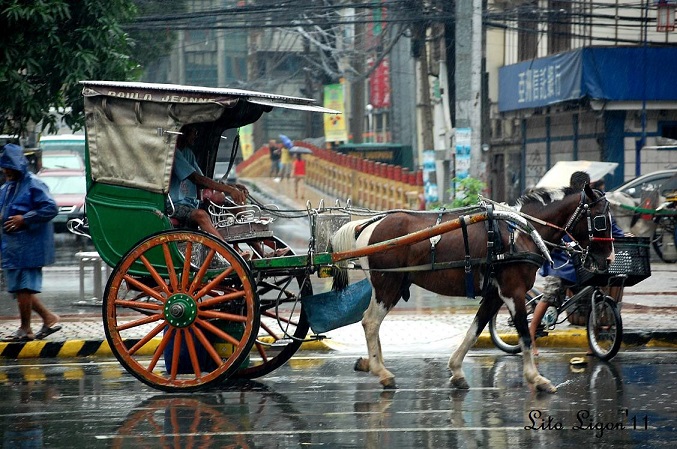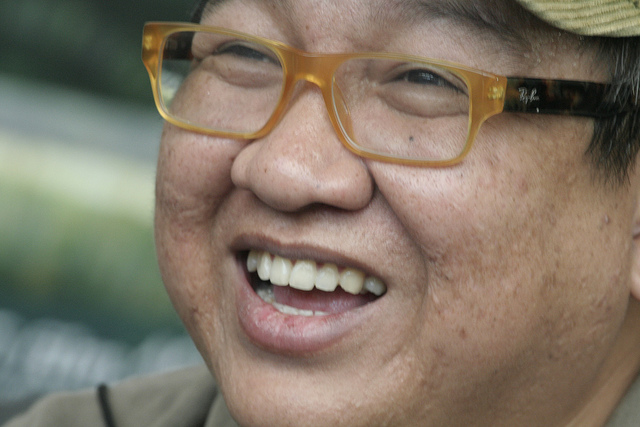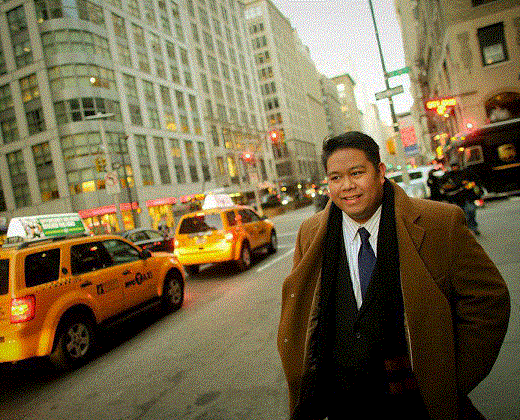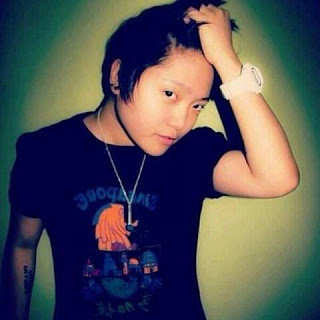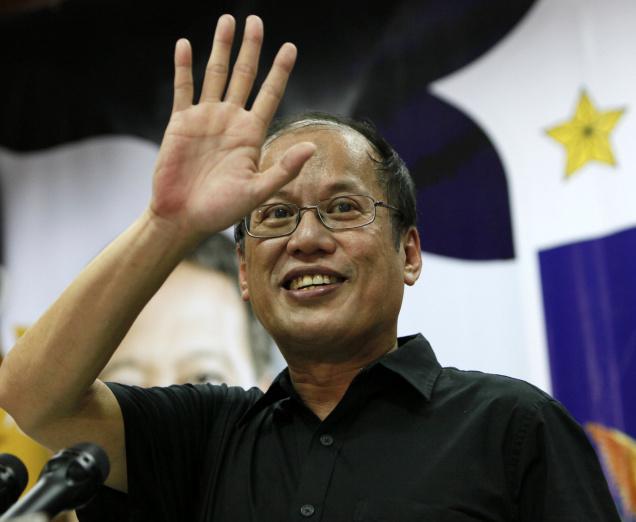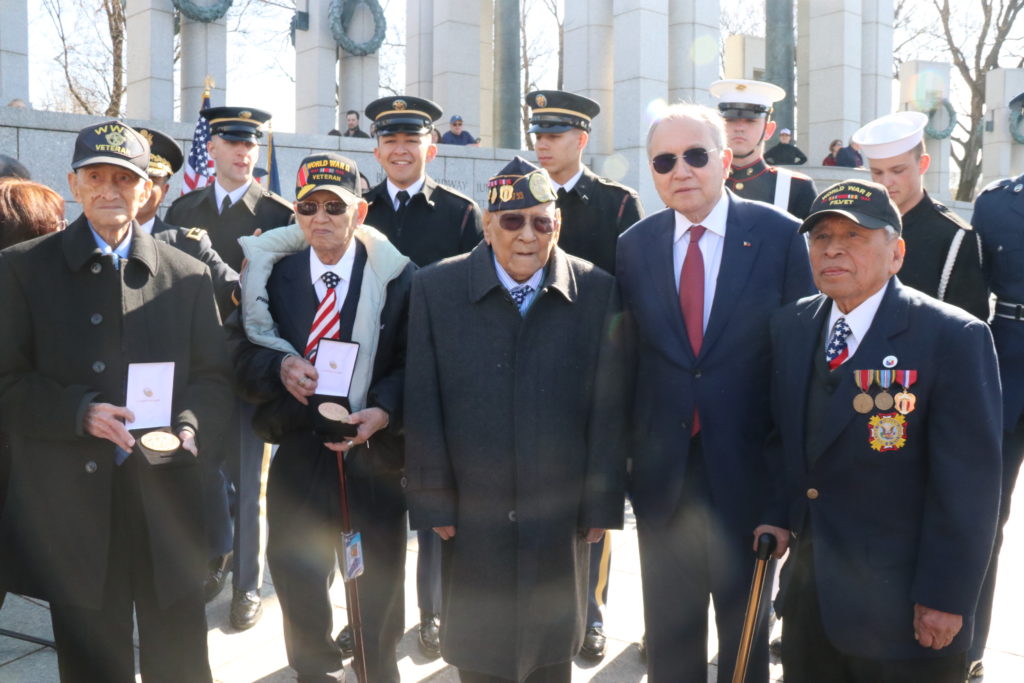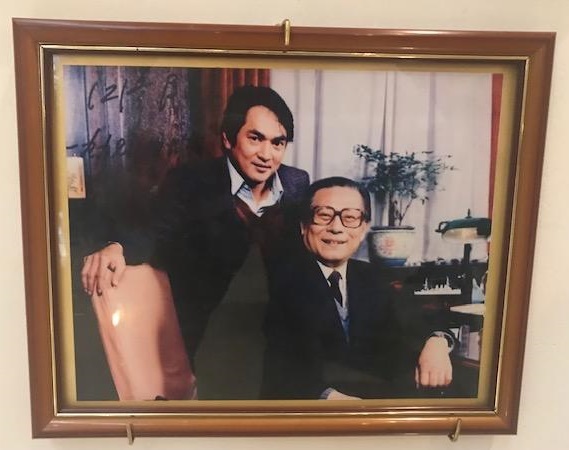Jaime FlorCruz’s captivating memoir on modern China
By Tricia J. Capistrano
“Not valid for travel to China, the Soviet Union and other communist countries” was stamped on Jaime FlorCruz’s passport. But in July of 1971, FlorCruz, then only 20, and 14 other youth leaders from the Philippines flew to Hong Kong and then to China. The students, together with scholars from other nations, were invited on an all-expense paid trip by the China Friendship Association to participate in a study tour of the communist country for three weeks.
FlorCruz was then a senior at the Philippine College of Commerce and a member of the Movement for a Democratic Philippines, an organization of Filipino youth, many of whom were critical of the Ferdinand Marcos dictatorship. “Like my compatriots, I was curious to see what was going on in China…I imagined a socialist utopia where people lived simple but stable lives, where the state provided cradle-to-grave jobs…,” recalls FlorCruz.
What FlorCruz and his fellow students found, however, was an agricultural nation still recovering from famine but unbeknownst to the world, about to fast-track into technological dominance.
A refresher on modern Chinese history
In October of 1949, Chinese communist leader Mao Zedong declared the creation of the People’s Republic of China. The Nationalist government led by Chiang Kai-shek fled to Taiwan. In 1966, Mao and his allies launched the Cultural Revolution. Mao’s party believed that the bourgeoisie had infiltrated the government and society with the aim of restoring capitalism. Officials, scientists, and professors who were viewed as sympathetic to the West were removed from their positions or killed. Foreign texts were destroyed. Universities were closed and the “gaokao,” college entrance exams, were canceled. It is estimated that during the 10 years of the Chinese cultural revolution, approximately 10 million urban youth were re-educated in farms.
In September of 1976, Mao passed away and in 1977, Deng Xiaoping, one of the leaders sidelined during the Cultural Revolution became the leader of the Communist Party. Deng initiated reforms and the opening up of China.
Life twists
A few weeks after their arrival, the Filipino students were informed that a bombing incident occurred in Manila and that FlorCruz and four other members of the group were on the government’s list of people to be arrested. Ten of the 15 Philippine students were able to go home. Carlos Tayag, a Benedictine deacon, was able to return that year but disappeared in 1976.
In “The Class of 77, How My Classmates Changed China” FlorCruz recounts how he made the most of his stay and thrived with China’s post-cultural revolution generation. Like the many Chinese urban youth, the five Filipino students who stayed volunteered to earn their keep and work the rice fields, picking tea leaves, fruit, and repairing roads and ditches. Several years later, FlorCruz and his compatriots enrolled in the Beijing Languages Institute to learn Chinese. In 1977, FlorCruz enrolled in Peking University and became part of the “Class of 77” the first class of students in 12 years who took the “gaokao.”
FlorCruz breathes and lives with this generation of students famished for knowledge. He joins the basketball team, the only foreigner accepted. He signs up to be the lead in a national TV show that teaches Chinese to speak English. At the university, FlorCruz is enrolled with Li Keqiang, who is now China’s current premier and Bo Xilai, a former Minister of Commerce–now imprisoned– as well as many of the country’s current top economists, scientists, and writers.
Working for Time
Upon graduation FlorCruz seized another opportunity and joined Time Magazine. He became the magazine’s Beijing bureau chief and then later the bureau chief for CNN. His years of writing are made evident by this captivating memoir. FlorCruz tells us about his family and the friendships he made. He is just like us but is in an inconceivable predicament. I couldn’t help but wonder what I would have done if I was in his situation.
Today, it seems that the world is again at the cusp of change. In the last 30 years, China, Vietnam, and Russia have opened their economies. Recently, many of the world’s youth complain of capitalism’s excesses and the negative effects on the environment. In 2021, the Chinese government called for a “common prosperity” policy where excess incomes are to be readjusted. In the US, last August, National Public Radio reported that the support for labor unions is at a 57 year high. Soon, we will see what these adjustments in the East and West will look like.
China and the Philippines
As for China and Philippines, in 2016, an Arbitral Tribunal delivered a unanimous decision and ruled in favor of the Philippines in the nation’s claims against China’s expansive territorial claims.
FlorCruz’s memoir does not discuss the territorial dispute but he is insightful and diplomatic when he discusses the differences among cultures and the Chinese government. He writes, “One thing hasn’t changed: the primacy of the Communist Party. If one believes in it–and behaves accordingly–one can do almost anything one wants.”
And in another of life’s strange twists, last November, FlorCruz was appointed by President Ferdinand Marcos Jr., to be the Ambassador of the Philippines to China.
Booksellers will categorize this memoir under “triumph over adversity.” FlorCruz’s fortitude, optimism, and wisdom make it a one of a kind read.
***
Jaime FlorCruz’s favorite books: 1) Noli Me Tangere by Jose Rizal 2) Red Star Over China by Edgar Snow 3) 400 Million Customers by Carl Crow
Support independent bookstores! Visit TheFilam.net Bookshop page: https://bookshop.org/shop/thefilamnet





